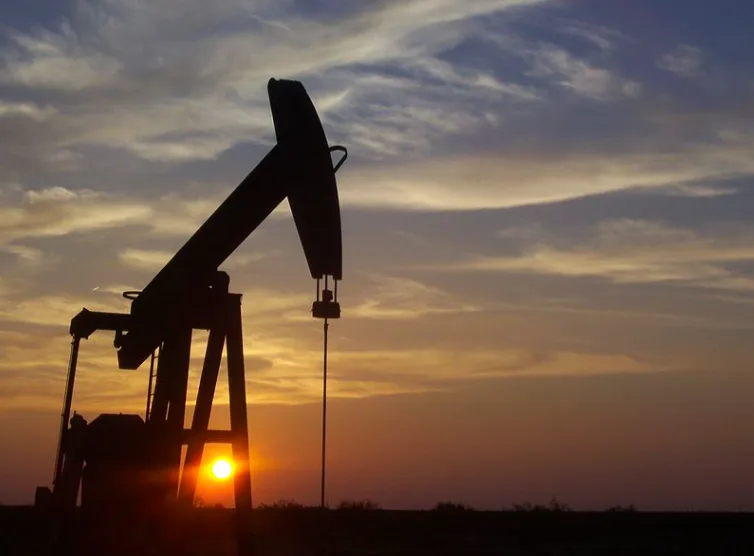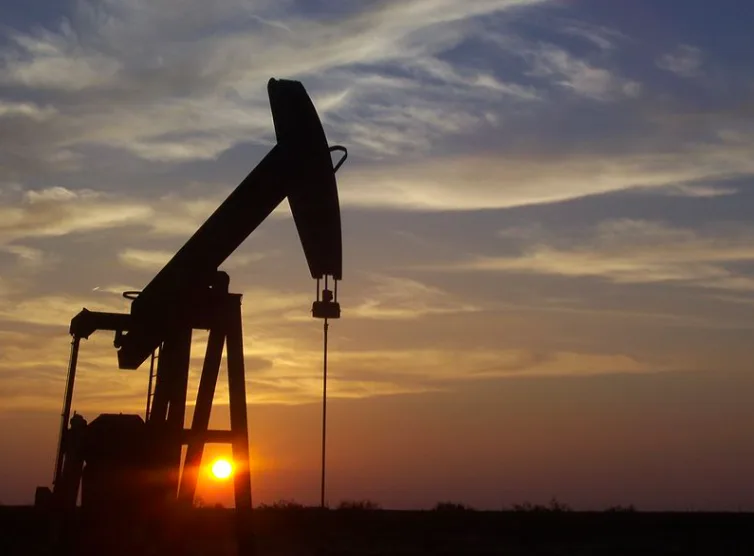
World might have reached peak oil demand in 2019, BP report says
Several experts say that the global demand for oil may have peaked in 2019
While the global demand for oil doubled over the past 50 years, the latest BP Energy Outlook says that the demand might have peaked in 2019 and possibly won't recover due to the lasting impacts that are expected from the COVID-19 pandemic.
The expansion of renewable energies and subsequent falling costs over the past few years were signalling an eventual demise of the fossil fuel industry, but the pandemic drastically accelerated this trajectory, and some of the biggest energy stakeholders are confirming this transition.
BP’s report explores global energy supply, demand, and the roles that renewables and fossil fuels will have in the coming years. Several future scenarios were modelled to predict what the demand for oil could look like based on these factors. If our behaviours and consumption habits stay similar to present-day, the report predicts that oil demand will slightly increase after the pandemic winds down before declining after 2030.
Other scenarios with strict policies and regulations, coupled with the expansion of renewable energies, forecast a drop in oil demand that never reaches pre-pandemic levels and indicates that an oil demand peak was reached in 2019.

A pumpjack extracting oil near Midland, Texas. Credit: Eric Kounce/ Wikimedia Commons
Energy experts are noting that 2020’s report is considerably different than those from previous years. Just two years ago, the 2018 Energy Outlook forecast an upward trend in oil consumption through the mid 2030s.
Other institutions are also revising their long-term predictions based on the ever-changing COVID-19 pandemic. The Organization of the Petroleum Exporting Countries (OPEC) revised their estimate for the growth in global oil demand in 2021 and stated that it will be lower than their initial forecast due to a lower amount of fuel needed in the transportation sector as international travel remains stalled.
Some say that the Energy Outlook may be misleading as it overestimates the trend of oil demand. Bassam Fattouh, director of the Oxford Institute of Energy Studies, argues that there is little reason to believe that once oil demand peaks it will fall sharply. In contrast, the Energy Outlook shows that the oil demand will fall significantly by at least 10 per cent in 2030 and as much as 50 per cent in 2050.
“The date at which oil demand is likely to peak is highly uncertain and not particularly interesting. Rather, the importance of ‘peak oil demand’ is that it signals a break from the paradigm that has dominated oil markets over the past few decades,” BP states in the company’s press release.
Watch the video above to learn more about the findings of BP’s report.












